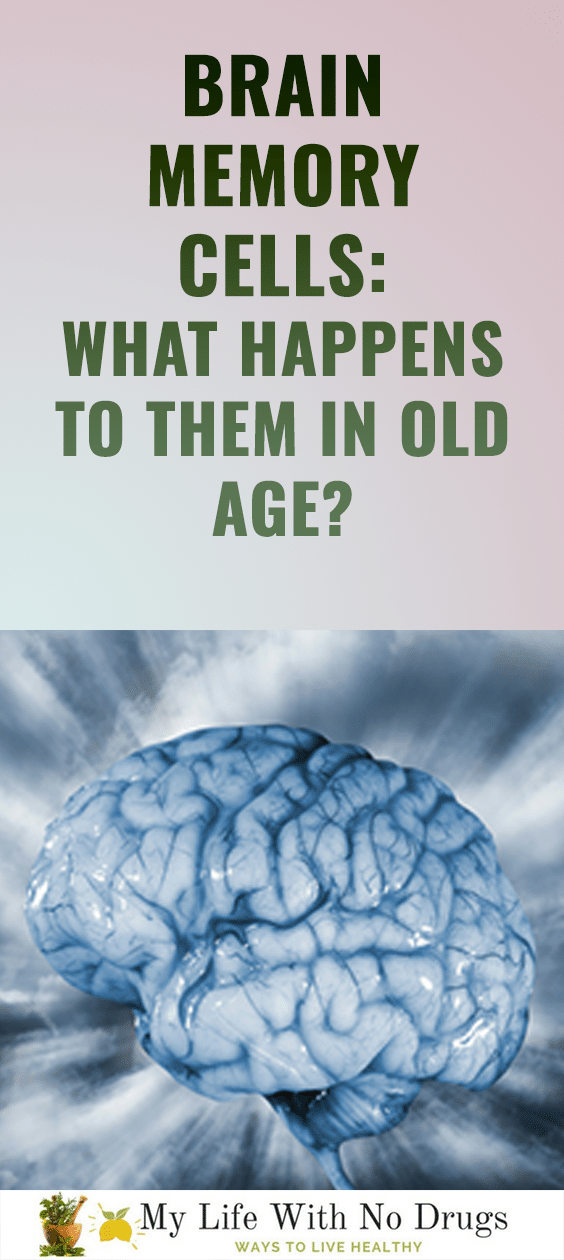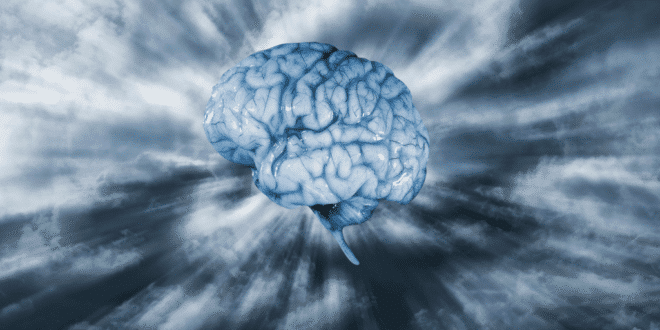There is a common misconception that when someone attains a certain age, the brain cells stop developing and they start “wearing out”. This is often used to explain why older people have shorter memory spans or why they tend to forget some things at a more accelerated speed. This is not the case because, think about it; as people grow older they also gain new experience, new memories and they still can learn more. If brain memory cells stop developing, then how is all this possible?
The brain cells have a much bigger task as people age since there are some physical complications that come with age. The rest of the body’s cells experience a different type of deterioration in that, the rate of death of cells is significantly higher than the rate of cell growth, and so there is some sort of physical dysfunction. This is how the brain cells play a role in all these:
Assuming normality, the brain cells basically control memory, learning and conforming to the environment. If there happens to be an “abnormal” situation, like say an injury occurs, the brain memory cells change their function to now catering to the injury. It starts by “treating” the injury, then trying to reinstate the injured body back to normal.
The brain cell’s ability to be flexible is known as neuroplasticity. And the body’s ability to constantly produce new cells regardless of age is known as neurogenesis. So one should not confuse the two, neurogenesis is stable throughout one’s life and according to statistics; neurogenesis is stable to at least seventy years of age.
The one problem older people are facing is that, as they grow older, neuroplasticity declines. This is due to the weakening of the vascular systems. It is then that old people experience discomfort in carrying out basic tasks.
While we cannot completely avoid this weakening of the system, we can surely reduce the rate at which it declines.
The following are recommendations to maintain the health of the brain memory cells
Exercising the body
This helps in making the brain more flexible giving it a platform to grow new neurons at a faster rate. This will then help the subject maintain his/her cognitive abilities. However, one should be careful enough as to not strain him/herself as this is risky to the normal body muscles
Exercising your Brain Memory Cells
Just like those any other part of the body, the muscles in the brain need to be exercised and trained to be flexible as well. It ensures one’s mental health does not deteriorate. This can be achieved by constantly taking part in activities that provoke “thinking”, for instance, games, reading, solving crosswords and puzzles etc.
Read more =>
Here Is How You Can Prevent Your Memory Loss
Eating healthy
Most people don’t realize this, but we really are what we eat. Research also shows that there are some foods that can be considered “brain-healthy”, for instance, nuts, salmon, and vegetables.
Social interactions
I think we have all heard the phrase “human beings are social beings”, and so we all need human contact in order to survive. Therefore, it is considered healthy to have people to confide in (friends, family or acquaintances).
Liked this article? Share it to say “thanks!” Your support is much appreciated!
I would love to connect with you!
You can find me on TWITTER1, TWITER2, INSTAGRAM FACEBOOK, PINTEREST, or GOOGLE+









2 Comments
Carlsonmedia
Really good content
ekuzevska
Thank you very much